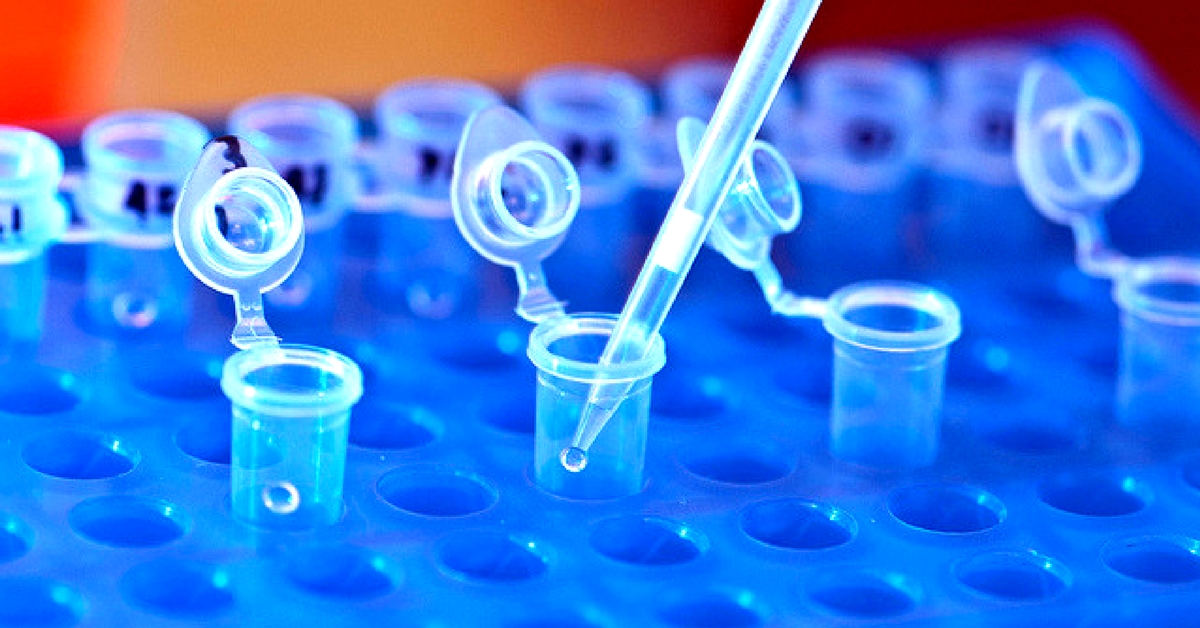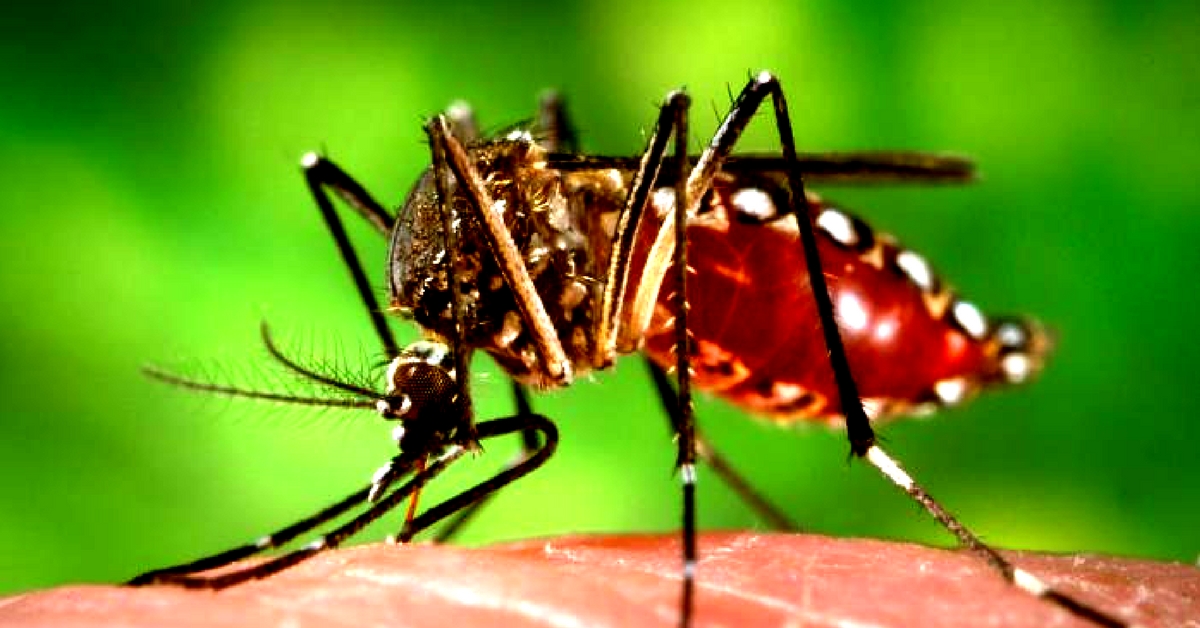New Dengue Detection Method from India Makes Test Ten Times Cheaper Than Before!
Dengue and chikungunya need to be detected early, so treatment can start immediately.

The seemingly innocuous mosquito that lands nonchalantly on your arm is a serious threat. If you are lucky, you might be left with only a small red bump that itches for a while. However, a mosquito bite can also have far-reaching consequences.
From Malaria to Dengue and even Zika fever, the tiny fly has been known to claim lives. While we struggle, especially during monsoons, to curtail the mosquito menace, preventive techniques can only work so much.

Here is all you need to know about the symptoms, key differences, treatment, natural repellents, immunity boosters, and preventive measures for these diseases.
Well, scientists and researchers at the Bharathiar University’s DRDO Centre for Life Sciences and the Department of Biotechnology have been working to develop vaccines for viral diseases, by producing antigens from plants.
An antigen is a toxic or foreign substance, which induces the body to produce an immune response, and these researchers and scientists have decided to use the plant-derived antigens to develop diagnostic kits to detect viral and bacterial diseases.
The researchers, according to the Times of India, claim to have been working on a technique called agro-filtration, which uses recombinant DNA technology, in which the functional part of the DNA of the virus, is introduced into the bacteria’s genome. After this, it is grown into a culture and subsequently introduced into the plant’s cytoplasm.
The plant, then produces the protein from the DNA of the virus—a disease-causing antigen—and the disease-causing gene expresses itself in the plant. The virus’ characteristics won’t get transmitted to the next generation, as this method is transient. The plant material and the antigen are then extracted by a chromatographic technique. This then goes into the production of vaccines.
The plant in question is Nicotiana Benthamiana. A close relative of the tobacco plant.
According to R Sathishkumar, Associate Professor in the Department of Biotechnology, deriving antigens from plants would bring down vaccine costs, adding that in recumbent DNA technology, antigens are produced and derived from costly animal cell cultures, and plants would make the process cost-effective.
The university is partnering with institutes of higher learning in the UK, via the UK-India Education Research Initiative (UKIERI) for the project. According to Satishkumar, Bharathiar provides biotechnology support, while the UK-based universities provide virology support.
He adds that the team had successfully proven the method for chikungunya vaccinations through animal testing, but there were misgivings about the long-term effects of using vaccines made of plant-based antigens. So, the research hit a wall. However, the team decided to use plant-derived antigens to develop diagnostic kits-for detecting viral and bacterial diseases.
Satishkumar explains the mechanism. The diagnostic kit will have a strip, coated with the antigen. If a blood sample is dropped on the strip, the antibody in the sample and the antigen will react, producing a stain.
This is a breakthrough, as, using plant-based antigens for diagnostic kits, would reduce costs by almost 10-fold, if Gowtham Iyappan, a research scholar working with the project, is to be believed.

He correctly points out that as of now, diagnostic kits for chikungunya and dengue involve three test, resulting in a total cost of Rs 1500-Rs 2000. The biotechnology department has been working on a kit, which would reduce the cost of detection, to around Rs 100 or Rs 200!
The reduction in detection costs is great news, especially for the disadvantaged sections of society, for whom diagnosis, treatment and medication of dengue, and other ailments leads to a mountain of medical bills.
You may also like:- A Drug to Tackle Chikungunya Virus May Soon Be a Reality, Thanks to IIT Roorkie!
Mosquitoes that spread dengue, chikungunya, and other diseases aren’t disappearing any time soon, and prevention doesn’t always provide 100% protection. However, if detection becomes reasonable, people will have no qualms in visiting a medical facility, to get themselves checked and consequently treated.
(Edited by Gayatri Mishra)
Like this story? Or have something to share? Write to us: [email protected], or connect with us on Facebook and Twitter.
NEW: Click here to get positive news on WhatsApp!

Similar Story

Would Your Parents Support You Taking Therapy? This Mental Wellbeing Survey Reveals an Unseen Change
An ITC Fiama survey on mental health shows 80% of Indians trust their parents to back them in seeking therapy, signalling a change in how its perceived by Gen Z, millennials, and their parents.
Read more >
If you found our stories insightful, informative, or even just enjoyable, we invite you to consider making a voluntary payment to support the work we do at The Better India. Your contribution helps us continue producing quality content that educates, inspires, and drives positive change.
Choose one of the payment options below for your contribution-
By paying for the stories you value, you directly contribute to sustaining our efforts focused on making a difference in the world. Together, let's ensure that impactful stories continue to be told and shared, enriching lives and communities alike.
Thank you for your support. Here are some frequently asked questions you might find helpful to know why you are contributing?


This story made me
-
97
-
121
-
89
-
167












